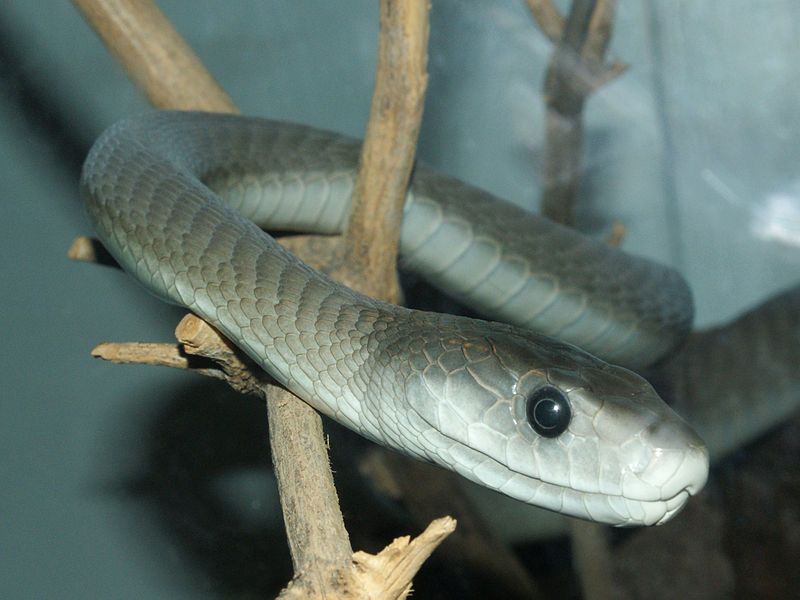Researchers from the Technical University of Denmark (DTU) have uncovered how to target the development of anti-venom to treat snake bites.
The findings, published in the scientific journal Scientific Report, could potentially lead to the improved treatment of snake bites.
“In the long-run, the goal is to produce an anti-venom that works against a considerable number of snake bites,” Mikael Engmark, a PhD student at the Department of Bio and Health Informatics at DTU and lead author of the research, told Videnskab.dk.
“In that connection we have now discovered the weak point in a number of nerve toxins – the dangerous components in venom from mamba and cobra snakes. It gives us the opportunity to impact them with an anti-venom.”
READ MORE: Danish researchers to battle heart disease using nanomedicine
The ties that bind
And now for the complex part: snake venom consists of a cocktail of toxins that have various biological functions depending on the type of snake.
Many snakes, including mambas and cobras, use a venom that attacks the nervous system and cuts off communications between nerves and muscle. Bites can result in muscles cramping and victims lacking the ability to move or breathe.
There are active areas in the toxins that allow it to bond to the nerve cells without the victims’ body being able to stop it. The Danish research has documented that the toxins are actually extremely selective in what they bind themselves to – only those nerve cells – and it is here the toxin may have its Achilles heel.
Testing anti-venom on horses, Engmark found it binds to the snake venom in the exact area of the nerve cells the toxin binds to.
“This is the ‘Aha!’ experience,” said Engmark.
“Even if the different toxins bind to different receptors in the nerve cells – some bind to various molecule pumps, while others bind to other receptors or enzymes on the surface of the nerve cells – all anti-venom binds to the active part of the toxins.”
This was not known until now. It provides insight into the evolution of snake venom, and how is has developed over millions of years to ‘hide’ in the body as it reaches its target.
Engmark hopes the research will lead to an anti-venom that works on all snakes in any given region, such as in sub-Saharan Africa.














